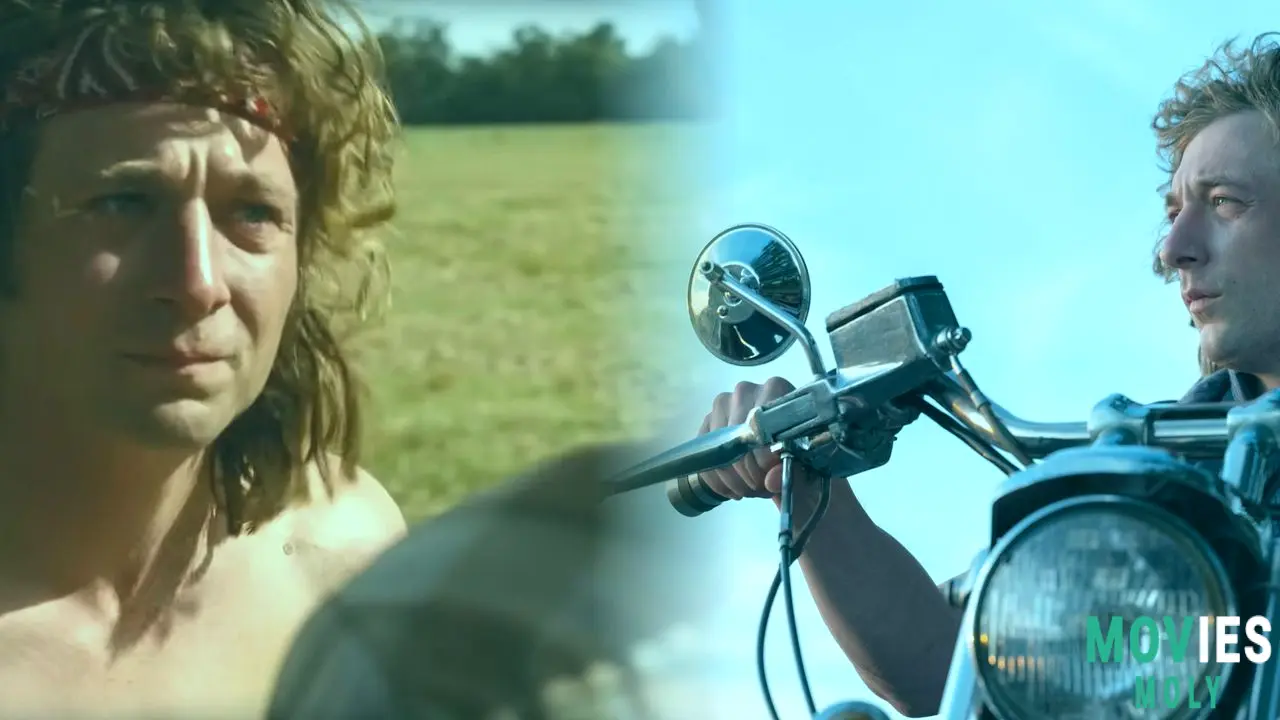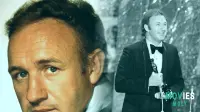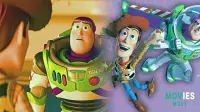A24’s The Iron Claw may have reignited public fascination with the tragic Texas wrestling dynasty, but it’s the real-life echoes from the Von Erich family that turn this story from cinematic to deeply consequential.
In the same way that Zack Snyder’s Justice League unearthed a fanbase's passion for untold superhero truths, Sean Durkin’s The Iron Claw — starring Zac Efron, Jeremy Allen White, and Harris Dickinson — peeled back the rosin and glitter of professional wrestling to reveal the raw, bone-deep pain of the Von Erich family. Yet, as with many adaptations of real-life tales, the line between storytelling and accuracy has sparked its own emotional grappling match.
The Iron Claw film sparked a powerful family response about portrayal and truthComing off the momentum of its critical acclaim, The Iron Claw is now at the center of controversy — not from critics, but from those who lived the story: the Von Erichs. Lacey Von Erich, the youngest daughter of Kerry Von Erich, voiced her heartbreak in a forthcoming episode of Investigation Discovery’s Hollywood Demons series. Her words cut through the hype: the film’s depiction of her father was “so inaccurate that it was heart-wrenching.”
“My sister and I were not in the movie as my dad’s children, and he didn’t have a wife or anything,” Lacey said. The omission of Catherine Murray, Kerry’s wife, and their two daughters, Hollie and Lacey, is more than a factual gap — it’s a missing piece of Kerry’s humanity.
And it matters. Because in a film filled with tragedy, addiction, and the shadow of suicide, human connection is what separates exploitation from empathy.
What the film got right — and where it took creative liberties
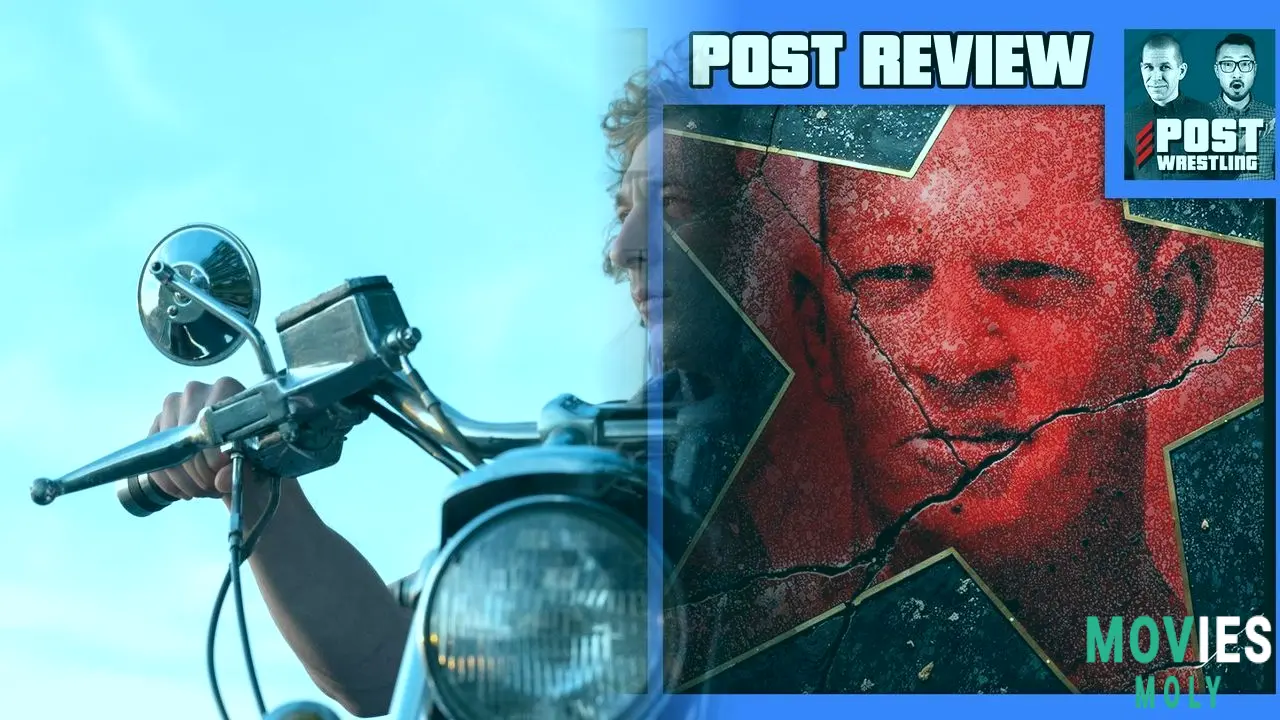
Durkin’s film doesn’t shy away from the darkness. Jeremy Allen White’s portrayal of Kerry tracks his rise in the ring, the horror of his motorcycle accident that led to a foot amputation, and the spiral into painkiller addiction that culminated in his suicide in 1993. These moments are depicted with a gritty realism that echoes the emotional weight of Logan or Joker.
But the film also makes narrative choices that have drawn criticism — most notably, the exclusion of Chris Von Erich, the youngest brother, and the amalgamation of his story with that of Mike. Kevin Von Erich, the last surviving brother and the film’s emotional anchor through Efron’s performance, explained that the director felt including Chris would have added “one more tragedy that the film couldn’t really withstand.”
Still, the creative condensation hasn’t softened the blow for the family. Lacey revealed the Von Erichs weren’t even consulted during production — learning about the film’s existence through social media. It’s a stark reminder of the gap that can exist between creators and the families behind true stories.
Kevin Von Erich’s complex endorsement adds emotional depth to the conversation
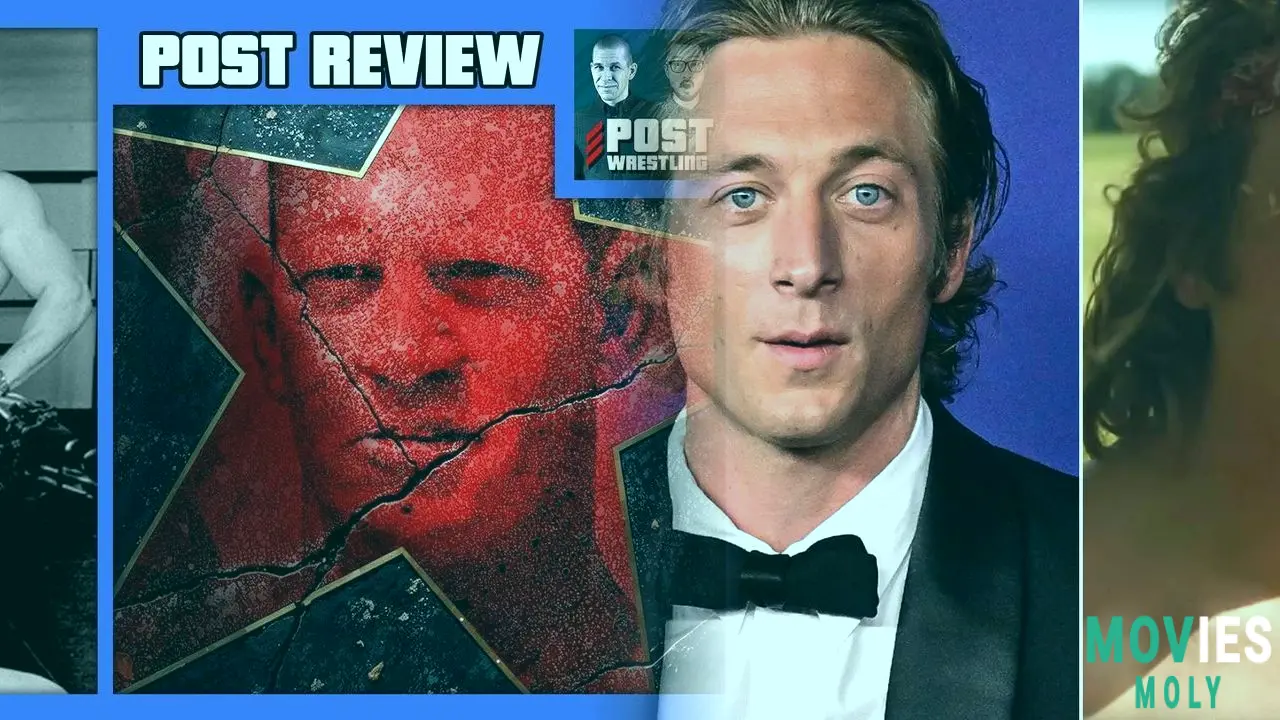
Amidst the critiques, Kevin Von Erich’s voice adds a layer of complexity. Though he agrees with Lacey that the film’s portrayal of Kerry missed key aspects, he nonetheless “endorsed” the movie. In a poignant admission, Kevin spoke about his own emotional journey with his father and brothers, saying:
“Well, probably in a way I did [blame him]. I was so mad that he didn’t take my call, you know. But he lost his sons and that outweighs anything else.”Kevin’s reflection isn’t just about forgiveness — it’s about understanding the weight of trauma, the danger of unyielding mindsets, and the cost of fame on a family built around one word: never quit.
“In truth, the real bad guy was us — our weaknesses, in our hearts and our personality. Never quitting, never giving up — no matter what it was, it was a challenge to overcome. And that mindset maybe did get kinda dangerous toward the end, but that’s the way we were raised.”
The Iron Claw legacy isn’t in the tragedy — it’s in the survival
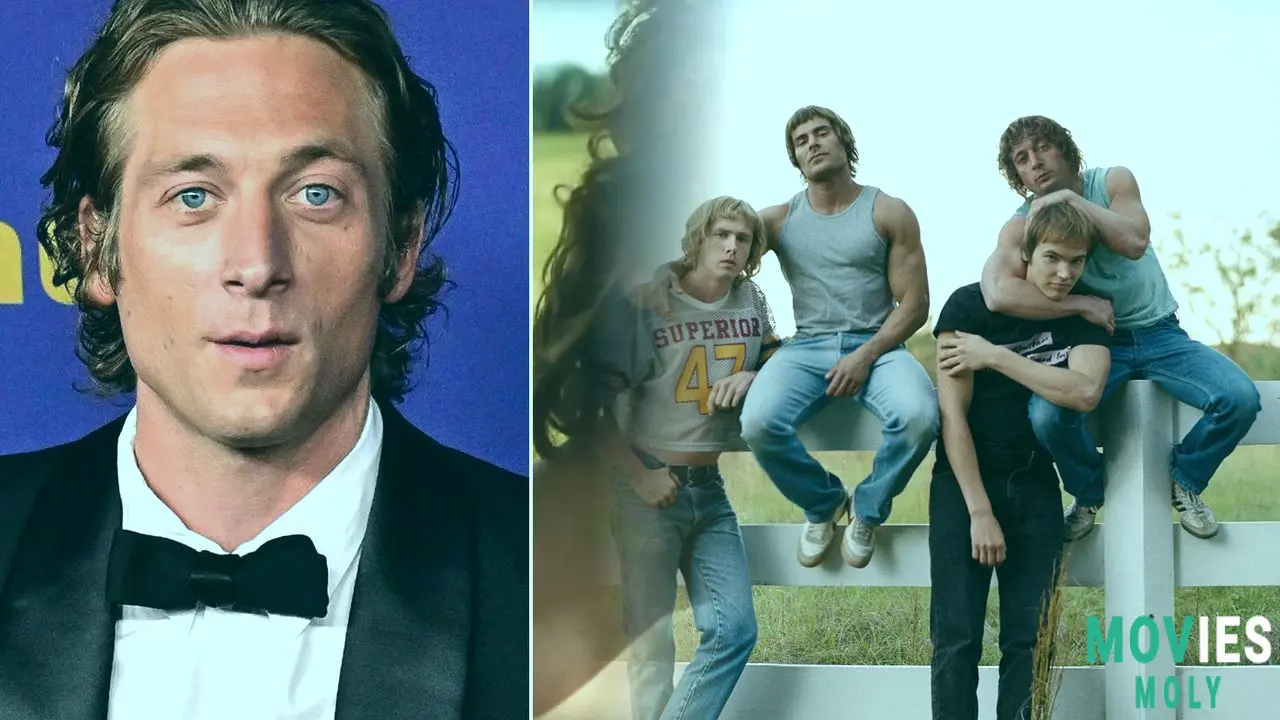
For fans of superhero sagas and franchises like Fast & Furious or Jurassic Park, where legacy and resilience are recurring themes, the Von Erich story is its own kind of heroic mythology. It’s not about powers or cars — it’s about wrestling with pain, public persona, and private demons.
The Iron Claw may have focused on the grim “Von Erich curse,” the string of untimely deaths that decimated the brothers, but the real story — now being told through documentaries like Hollywood Demons — is about what’s left after the storm. Kevin Von Erich is still standing. So are Hollie and Lacey. And they’re telling their truth.
That truth may not have made it into A24’s film, but it’s no less powerful for it. In fact, it adds a new layer of meaning to the project — one that’s no longer just about the past, but about how stories are told, who they’re told for, and the strength it takes to reclaim your narrative.
Iron Claw’s real impact is giving voice to a legacy that won’t be silenced
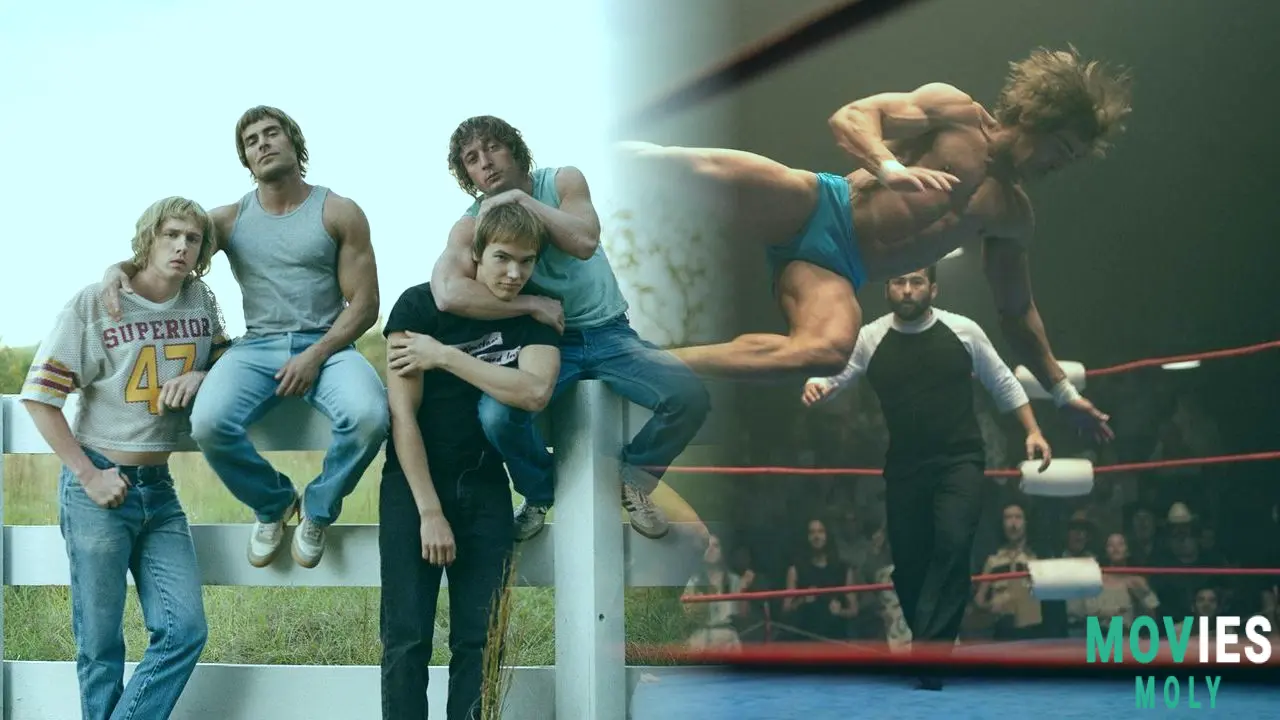
Whether you viewed The Iron Claw as a gritty sports drama, a tragic biopic, or a deeper commentary on masculinity and fame, the response from the Von Erich family transforms it into something more — a cultural moment. One that asks creators and audiences alike to consider the lines between dramatization and distortion, and the power of storytelling to heal or hurt.
For those who, like me, dig into Easter eggs, character arcs, and the emotional DNA of franchises — this is the kind of real-world resonance that elevates a film from good to unforgettable. The Iron Claw didn’t just dig into a wrestling dynasty; it unearthed the complex legacy of a family that lived, loved, and fought behind the mask of spectacle.
And now, that legacy is sharper — and stronger — than ever.

